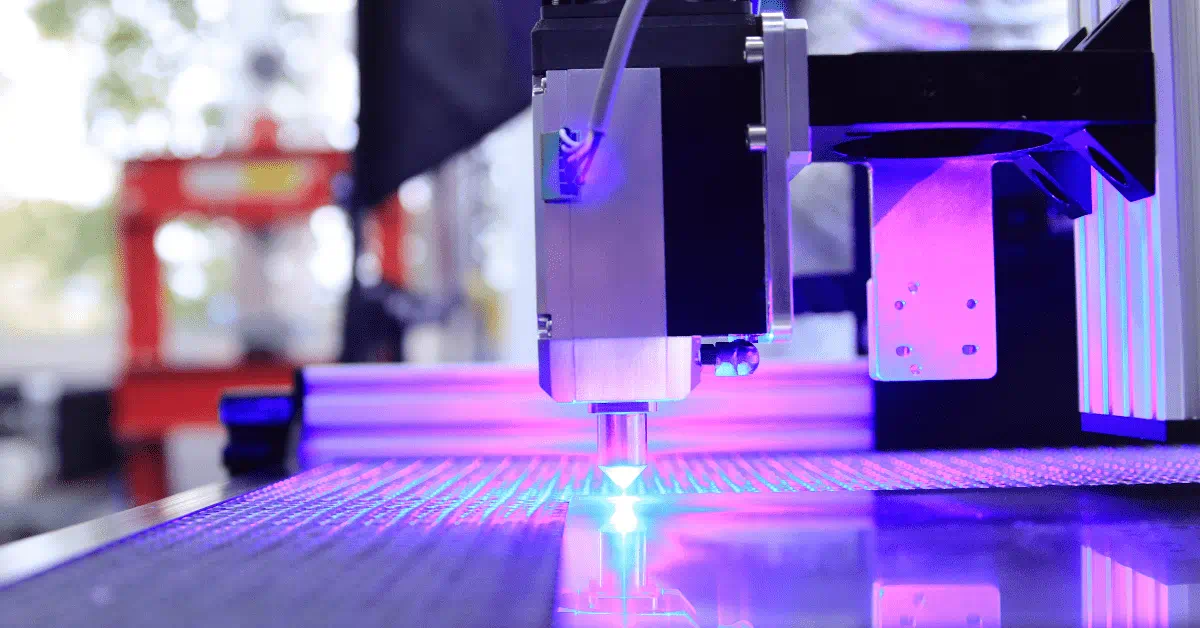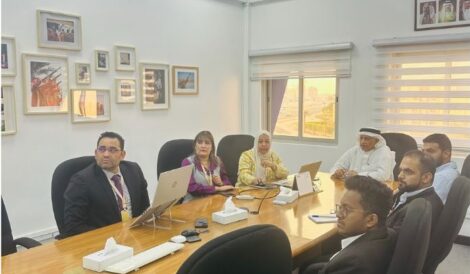Technology is constantly evolving, and it is difficult to predict what the future holds. However, there are some trends that are likely to continue to develop in the years to come. Artificial intelligence (AI), augmented reality (AR), Virtual reality (VR), and the metaverse are four technologies that are already having a significant impact on our lives, and their influence is only going to grow in the future.
AI is already being used in a variety of ways, from powering self-driving cars to helping doctors diagnose diseases. In the future, AI is likely to become even more sophisticated and widespread. It could be used to create personalized learning experiences for students, or to provide real-time feedback on job performance.
AR is a technology that superimposes a computer-generated image on a user’s view of the real world. It is already being used in a variety of ways, from gaming to education. In the future, AR is likely to become even more ubiquitous. It could be used to provide directions, translate languages, or even provide medical assistance.
VR is a computer-simulated environment that can be similar to or completely different from the real world. It can be used for gaming, education, training, healthcare, and immersive experiences. VR is still in its early stages of development, but it is rapidly evolving and is likely to become more widespread and immersive in the future.
The metaverse is a virtual world that is being created through the use of AR and VR technologies. It is a place where people can interact with each other, play games, and attend events. The metaverse is still in its early stages of development, but it has the potential to revolutionize the way we live and work.
These are just a few of the ways that technology is likely to change our lives in the future. It is an exciting time to be alive, and I can’t wait to see what the future holds, especially the future of universities.
The future of universities will be increasingly digital and global. Students will be able to take classes from anywhere in the world and collaborate with peers from all over the globe. Artificial intelligence (AI) will be used to personalize learning and provide students with real-time feedback. Virtual reality (VR) and augmented reality (AR) will be used to create immersive learning experiences. And blockchain technology will be used to track student progress and ensure academic integrity. The future of universities is full of possibilities. With the help of new technologies, universities can provide students with a world-class education that is both affordable and accessible.
As for my own interests in technology, I am particularly interested in the potential of AI to be used for good. I believe that AI has the potential to solve some of the world’s most pressing problems, such as climate change and poverty. I am also interested in the potential of AR to be used to create immersive learning experiences. I believe that AR can revolutionize the way we learn, and I am excited to see how it is used in the future. In conclusion, technology is constantly evolving, and it is difficult to predict what the future holds. Just last week, Apple introduced their new headset called the Apple Vision Pro. It is a mixed-reality headset that combines virtual reality (VR) and augmented reality (AR), and it’s been circulated that it’s a game changer for the tech industries. There are some trends that are likely to continue to develop in the years to come. The new era of technology is already having a significant impact on our lives, and their influence is only going to grow in the future. I am excited to see how these technologies are used to solve problems and create new opportunities in the future.






I have read your article, your article gives me a lot of information and a lot of insight that I know because of this article tel u